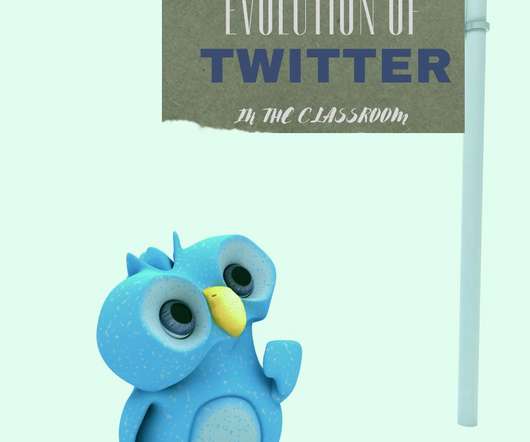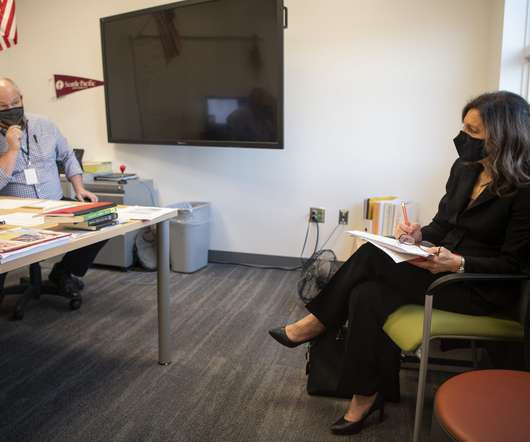Classroom Travels with Twitter: An Evolution
Ask a Tech Teacher
JANUARY 17, 2022
I began using Twitter in my classroom soon after its introduction in 2006. The discussion was based on the research of primary and secondary documents and was quite creative. I found creative uses for it in my history teaching, even at that time.




















Let's personalize your content